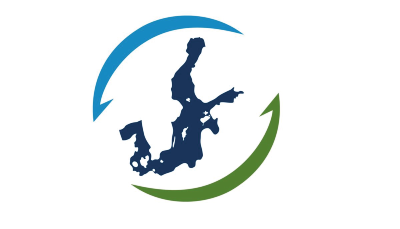3rd Baltic Earth Scientific Colloquium
News

Managing marine resources sustainably – ecological, societal and governance connectivity, coherence and equivalence in complex marine transboundary regions
Monday 8 April 2024: 15:00 Stockholm time; 16:00 Tallinn time
Presented by Mike Elliott
Michael Elliott1,2, Ángel Borja3 and Roland Cormier4
1 International Estuarine & Coastal Specialists (IECS) Ltd, Leven HU17 5LQ, United Kingdom Mike.Elliott@hull.ac.uk
2 School of Environmental Sciences, University of Hull, Hull HU6 7RX, United Kingdom
3 AZTI, Marine Research, Basque Research and Technology Alliance (BRTA), Herrera Kaia, Portualdea z/g, 20110 Pasaia, Spain; aborja@azti.es
4 National Centre for Effectiveness Science, Fisheries and Oceans Canada, 343 Université Avenue, Moncton, NB E1C 5K4 Canada; Roland.Cormier@dfo-mpo.gc.ca
This overview proposes a novel typology of characteristics required to ensure that marine assessment and management is connected, coherent and/or equivalent across boundaries, both within or between national and international jurisdictions. This defines the types of connectivity, coherence nature and equivalences with their relevance and examples in a marine transboundary context. It indicates the way of identifying impediments to be addressed to ensure that the management across marine boundaries is sustainable and adequate, and it also gives examples of the way of overcoming those barriers. The typology covers natural environmental, governance (policies, politics, administration and legislation), economic and management regimes. It encompasses sector (e.g. fishing, navigation, etc.,) and their activity-, pressures-, effects- and management response-footprints and Maritime Spatial Planning and Marine Protected Area-designation. This links monitoring, assessment and reporting across boundaries and within the physico-chemical and ecological realms and in marine conservation across boundaries. Finally, it shows connectivity, coherence and equivalence should reflect wider societal and cultural aspects as well as governance approaches, principles and outcomes in adjacent countries (States) and regions. These aspects are summarised by analysing the so-called 10-tenets for sustainable and successful marine management. Although this typology is developed largely from a European and North America perspective, it is proposed here for validating with examples in other areas worldwide.
Mike is Professor of Estuarine and Coastal Sciences at the University of Hull, a marine biologist with wide interests in marine and estuarine ecology, human impacts, marine and estuarine management and policy. We are looking forward to an inspiring presentation!
Click below to get the participation link (a short registration is required).

